Cats evolved from solitary hunters, who used to spend the whole day looking for prey. And now, they spend most of their life sleeping on our couch and eating without much effort. Although it might sound like a good plan to us, our domestic cats still need to perform predatory behaviors, so they need to hunt even if they are well-fed and not hungry.
Although hunting indoors might seem difficult, using appropriate toys can be an alternative to keep them engaged, mentally stimulated and to facilitate predatory behavior. Avoiding this way, boringness and the subsequent problems associated that cats can develop such as overeating, over-grooming, separation anxiety, frustration, etc
#1. Why do cats play?
Cats start playing from very early stages in life to learn and practice behaviours needed for adult life, such as predatory behaviours -hunting- and agonistic behaviours -learning how to fight. And they keep playing for the rest of their lives, to get distracted (exploratory behaviour) and use all their energy. All the cats, including senior cats, should have the opportunity to play!
#2. What is an appropriate toy?
Although each cat is different, it has been seen that they prefer small, prey-sized objects like our interactive cat balls: Ice cream ball and Cheerble ball.
They like toys with textures and mimic prey characteristics (such as sudden jerky movements and squeaks). That's another reason to choose one of our cat balls, which includes different playing modes such as rolling and jumping.
Cats also like string, furry, or feather toys, which are ideal to interact with the owner, as they aren't automatic interactive cat toys.
Some cats can habituate very quickly to the toys, so it is important to keep rotating the toys as needed, between play sessions, daily, or weekly to keep them active and engaged.
#3. What is not an appropriate toy?
Our hands and feet should always be avoided when we are playing with cats, to prevent dangerous behaviors to develop, such as playing aggression. We should be very clear from the very beginning about bitting and scratching rules, to avoid future problems.
Toys that can be accidentally ingested such as hair ties, strings, tinny balls, etc. Should be avoided if possible, or use them under supervision only.
#4. How often should we play with our cat?
Keep in mind that each cat is different, and many factors influence this decision like age, breed, and health status, but in short, we should play at the very least 10 minutes a day alone with each of our cats. It can be divided into 2 short playing sessions or can be one long session. Ideally, we should spend 15-20 minutes a day playing with each cat divided into 2-3 sessions. If we spend lots of time away from home, it is advisable to leave toys for the cat to play with during our absence. These toys can be automatic toys or other interactive toys that the cat can play alone with, for example, a kicker toy or a board with holes like our Board Game.
#5. How should we play with our cat?
We should follow a daily routine schedule that is predictable, consistent, and positive, to prevent anxiety and frustration to ensure the cat learns when it's time to play with the owner and when s/he cannot access the owner. We should only play with appropriate interactive toys in brief but frequent sessions.
Playtime: we should try to start with high energy requirement toys, and keep decreasing the intensity to end with a calm environment.
Many cats play more when they are hungry, so we should schedule our sessions before mealtimes and finish the session with cat food, to simulate the last stage of predatory behavior: eating the prey.
If we have more than one cat to play with and we are alone, during the first cat playtime, we can offer an automatic cat toy to our second cat to prevent anxiety and frustration during the wait.
In conclusion: cats of all ages need to play daily, following a regular schedule. We need to use appropriate interactive toys to avoid accidents and future behavioral problems. Cats should be able to perform a complete hunting sequence, therefore is advisable to finish the playing session with a meal. Playing can be a good part of our cat's mental stimulation, preventing problems such as obesity, separation anxiety, frustration, etc.
Written by Dr. Monica Grau
Vet surgeon and Feline Behaviourist from Barcelona working worldwide! Founder of www.catvetbehaviourist.com and offering online behaviour consultations for cats! You can find her on social media and teaching cat parents on Youtube!

















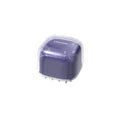
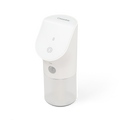
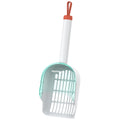



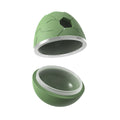










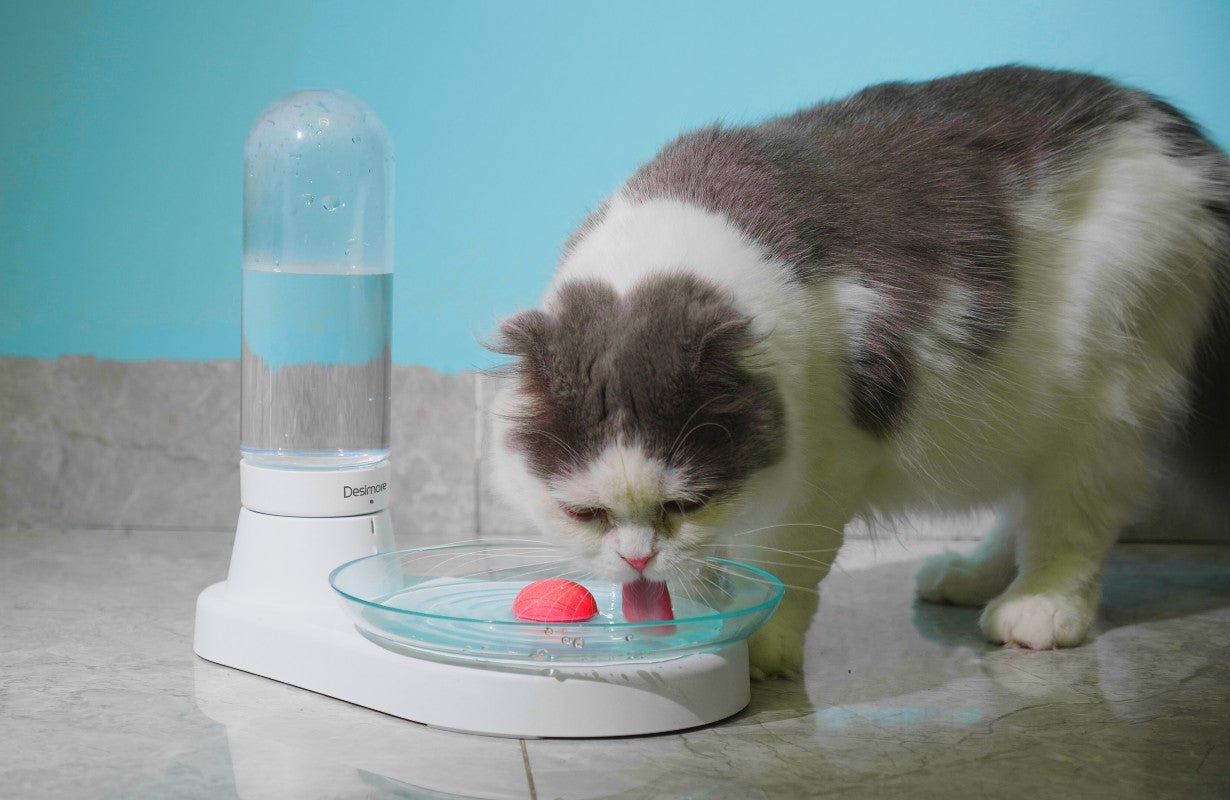
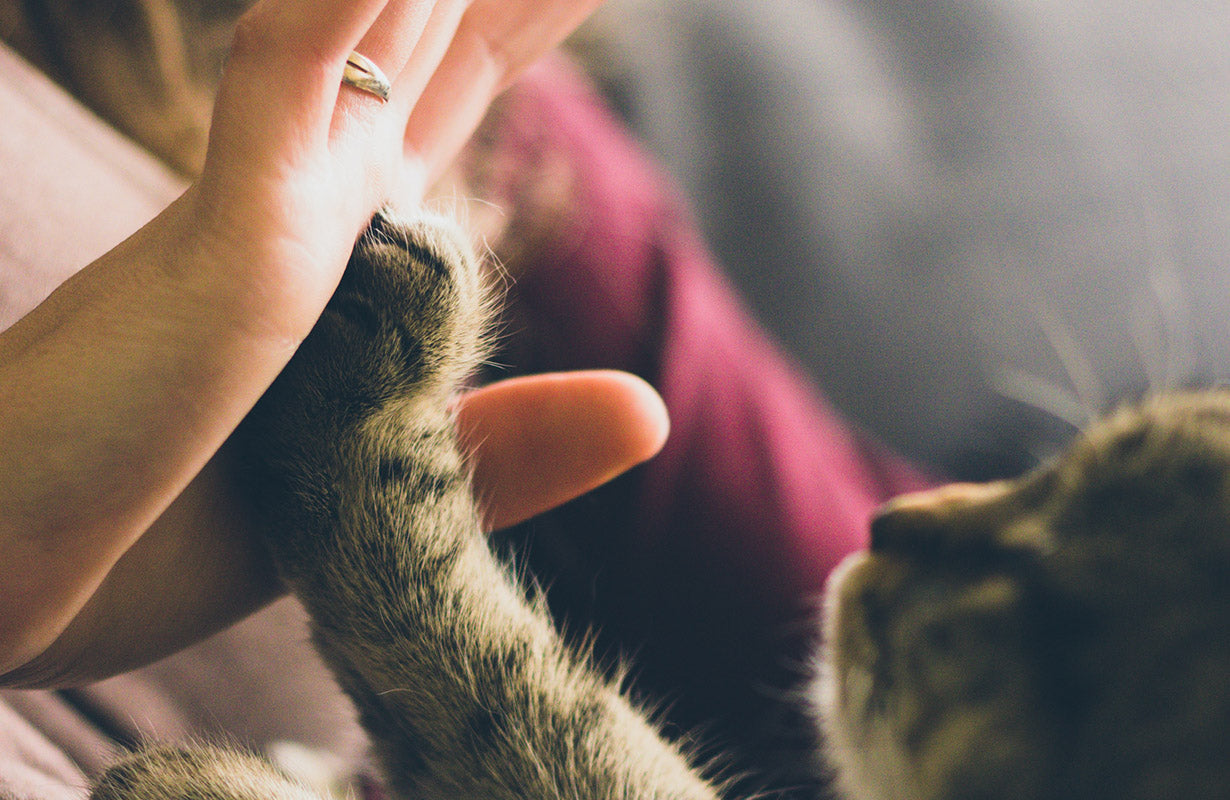
Leave a comment
All comments are moderated before being published.
This site is protected by hCaptcha and the hCaptcha Privacy Policy and Terms of Service apply.